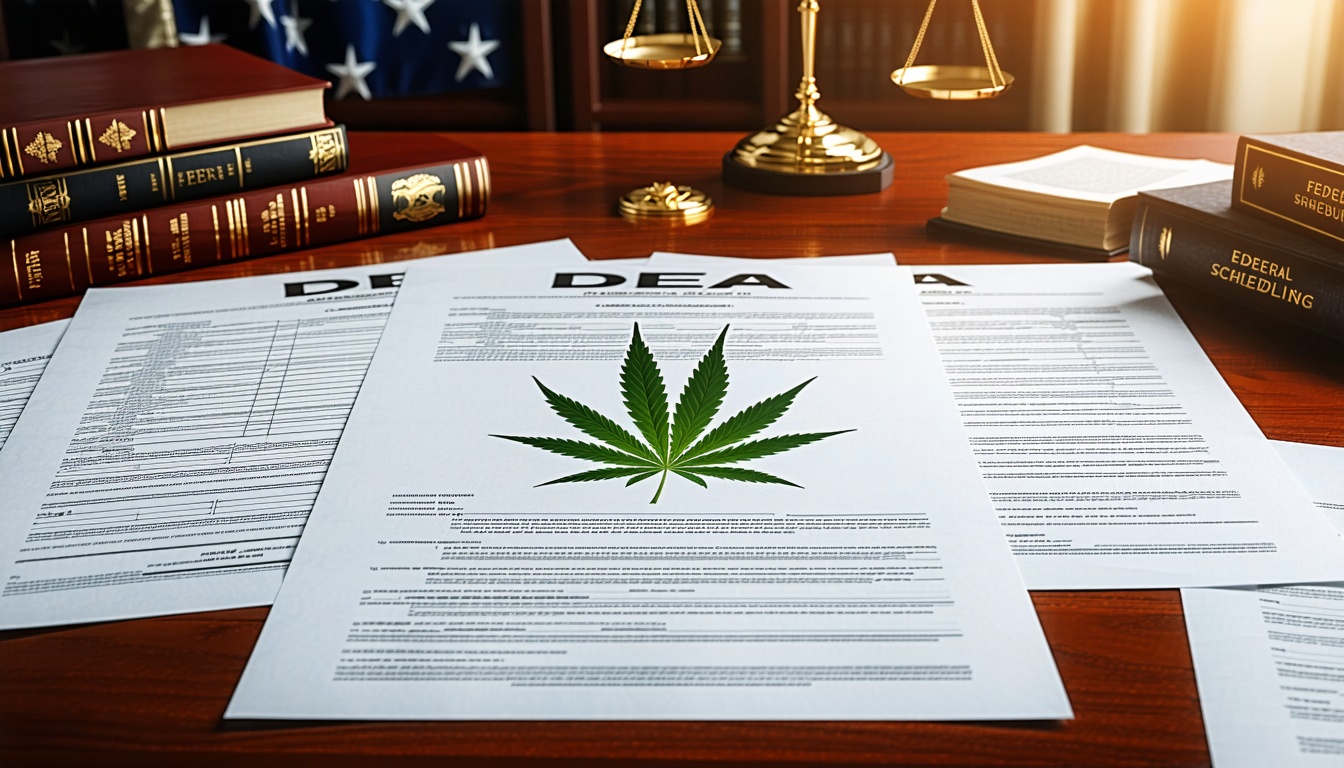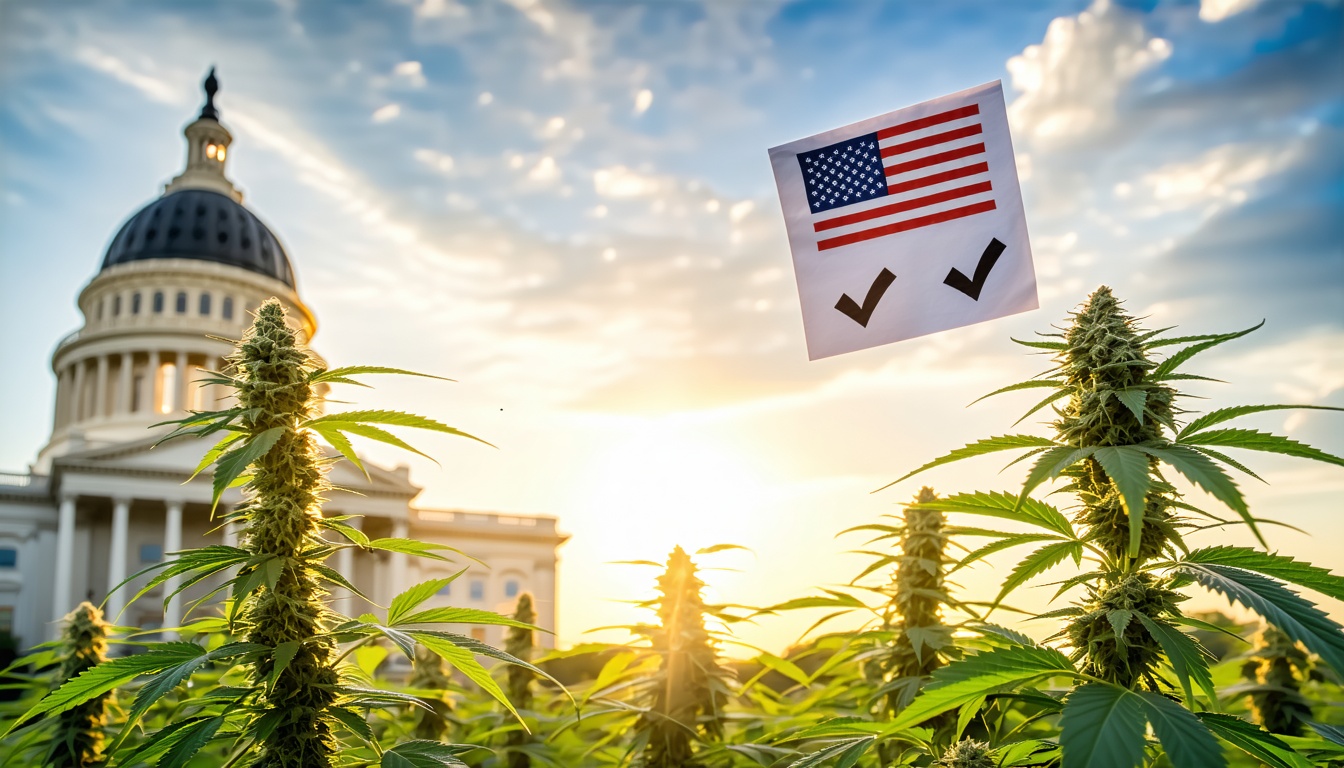The US Drug Enforcement Administration (DEA) is set to reclassify marijuana as a less dangerous drug, a move that could have significant implications for the country’s drug policy. The proposal, which still requires approval from the White House Office of Management and Budget, would recognize the medical benefits of cannabis and acknowledge its lower potential for abuse compared to other drugs. However, it would not legalize marijuana for recreational use.
The DEA’s decision comes after a recommendation from the federal Health and Human Services Department and follows a review of the drug’s potential for abuse and its medical uses. The agency will now take public comment on the proposal, which would move marijuana from its current Schedule I classification, alongside heroin and LSD, to Schedule III, alongside ketamine and some anabolic steroids.
The move is seen as a major shift in the US drug policy, which has been criticized for being outdated and ineffective. Many experts argue that the current approach to drug policy has led to unnecessary barriers to employment, housing, and education for those with marijuana convictions.
The DEA’s decision is also seen as a significant step towards normalizing marijuana use, which has become increasingly accepted in recent years. A Gallup poll found that 70% of adults support legalization, the highest level yet recorded.
However, the proposal is not without its critics. Some argue that rescheduling marijuana is unnecessary and could lead to harmful side effects. Others argue that marijuana should be treated like alcohol and regulated accordingly.
The decision is also expected to have significant implications for the marijuana industry, which is currently worth an estimated $30 billion. Easing federal regulations could reduce the tax burden on businesses and make it easier to conduct research on the drug.
The DEA’s decision is expected to be formally signed by Attorney General Merrick Garland, whose agency has oversight of the DEA. The move is seen as a major victory for those pushing for a more rational approach to drug policy and could have significant implications for the country’s criminal justice system.












